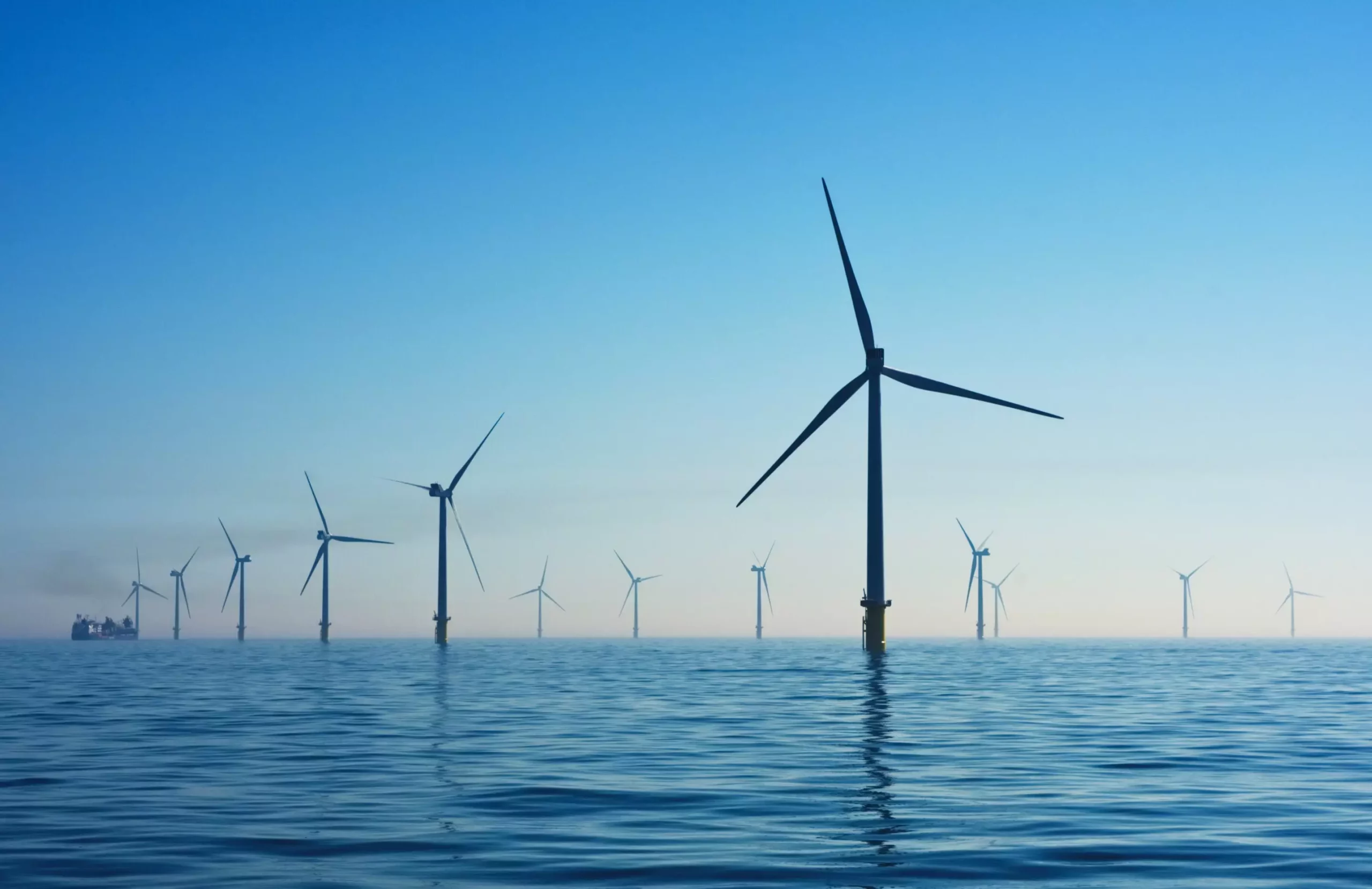The debate surrounding offshore wind energy has intensified in recent months, particularly on Nantucket Island, where environmental and community concerns are colliding with federal energy initiatives. ACK For Whales, a local nonprofit organization that represents the interests of island residents and the marine ecosystem, is spearheading efforts to challenge federal decisions on wind projects that could pose threats to endangered species, notably the North Atlantic right whale. As Nantucket emerges as a crucial battleground in the offshore energy discourse, the stakes are high for local communities and the fragile marine environment.
Recently, ACK For Whales filed a petition with the Supreme Court, contesting a ruling from the First Circuit Court of Appeals that permitted the expedited approval of the Vineyard Wind project without adequately assessing its ecological repercussions. The government’s push to fast-track offshore wind development has raised alarms, especially in light of a catastrophic incident in July involving a turbine blade failure. This incident has underscored the potential hazards associated with large-scale wind farms and elicited concerns over the efficacy of regulatory practices intended to protect the marine ecosystem.
The legal contention pivots on the Endangered Species Act (ESA), which mandates federal agencies to consider the best available scientific data in decision-making processes. However, in this instance, the court deferred to the interpretations made by federal agencies, leading to claims from ACK For Whales that the ruling represented a neglect of legal obligations meant to safeguard endangered species.
Vallorie Oliver, the president of ACK For Whales, articulated the community’s discontent, emphasizing that the government’s actions seem to prioritize political agendas over ecological concerns. This sentiment resonates throughout Nantucket, where residents are left questioning not only the integrity of environmental protections but also the overall impacts of wind energy initiatives on their local habitat. The perception that government agencies are placing expediency ahead of rigorous scientific evaluation raises broader implications about the realm of environmental policy—especially in a climate-conscious era where renewable energy solutions are desperately sought.
Furthermore, the rebuff from federal agencies suggesting that local fishermen and residents show indifference towards whale conservation further exacerbates frustrations. This line of reasoning diminishes the complexity of community dynamics in Nantucket, failing to acknowledge the multifaceted relationship that locals have with their marine environment.
The implications of legal decisions like the recent First Circuit ruling extend beyond Nantucket. The attention garnered by this case may catalyze a larger conversation regarding judicial oversight of federal agency interpretations of environmental regulations. ACK For Whales’ legal representation, Nancie Marzulla, highlights the relevance of the Supreme Court’s recent Loper Bright decision, which could empower courts to scrutinize how federal agencies implement environmental statutes.
The legal pathway before ACK For Whales could become a landmark case pertaining to how wind energy projects engage with critical ecological concerns at a national level. If their petition is granted by the Supreme Court, it might redefine the relationship between federal regulatory authority and judicial review in cases that intertwine energy policy with endangered species preservation.
As Nantucket faces a potential turning point in its approach to renewable energy, the community remains divided. The pressures of climate change necessitate urgent action towards sustainable energy solutions; however, the speed at which these solutions are rolled out should not come at the cost of environmental integrity.
With ACK For Whales seeking a moratorium on offshore wind development, the balancing act between sustainable progress and ecological preservation is thrust into the spotlight. The future of Nantucket’s ecosystem hangs in a delicate balance, and the outcomes of ongoing legal challenges will likely influence not just local governance but also set significant precedents for similar cases nationwide.
Ultimately, this situation encapsulates the broader global struggle between advancing renewable energy solutions and safeguarding our planet’s biodiversity. As stakeholders from various sectors engage in dialogue, the hope is for a comprehensive approach that honors both environmental obligations and the urgent need for sustainable energy.

